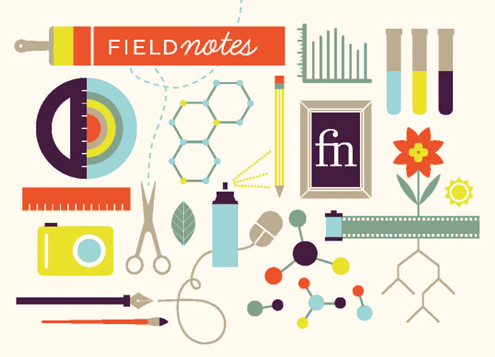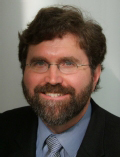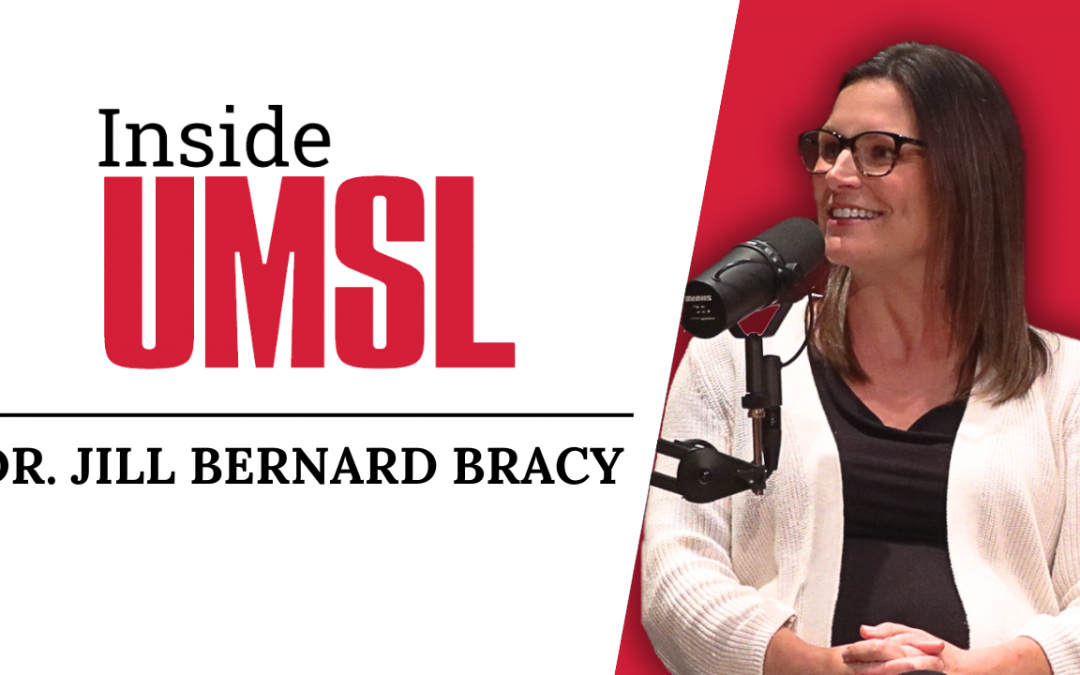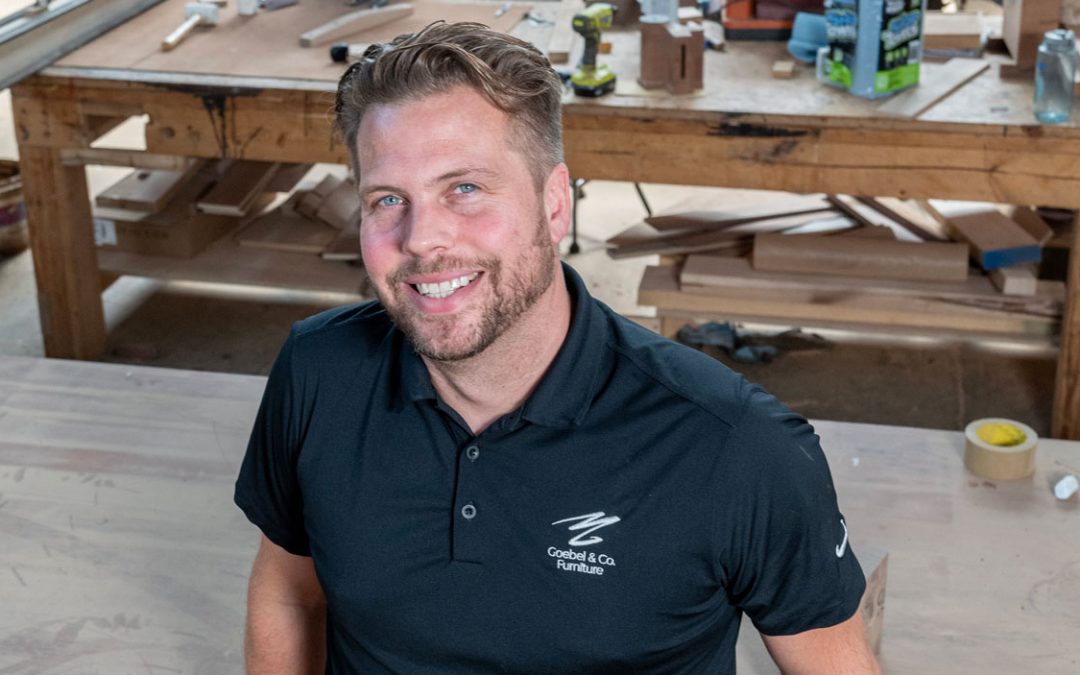As St. Louis approaches its 250th birthday, historian Kevin Fernlund will speak on its dynamic and fascinating science history. The professor of history at the University of Missouri–St. Louis will give the keynote lecture, “St. Louis: Gateway to Infinity,” for Field Notes, a celebration of science and art in Grand Center. The free lecture will begin at 10:30 a.m. Oct. 19 in the St. Louis Public Radio auditorium in UMSL at Grand Center, 3651 Olive St. in St. Louis.
Fernlund specializes in the history of the American West, exploration and the concept of “big history.” He wrote the books “Lyndon B. Johnson and Modern America” and “William Henry Holmes and the Rediscovery of the American West” and served as editor of “Selected Historical Documents to Accompany America’s History, Volume 2: Since 1865” and “The Cold War American West, 1945 to 1989.” His current research includes the evolution of Western culture in Latin and Anglo America.
Presented by The Pulitzer Foundation for the Arts, the St. Louis Beacon and St. Louis Public Radio | 90.7 KWMU, Field Notes is a weekend series of programs and exhibits that explore the ways the built environment and natural world interact.
Experts in the fields of art, geology, botany, architecture, design, archeology, and astronomy will lead programs that inspire a dynamic view of Grand Center.
Field Notes offers guests of all ages an educational and fun opportunity to connect with new people and ideas, and engage with the city in surprising ways. It will begin at 7:30 p.m. Oct. 18 with a bonfire beneath the full moon at the Pulitzer Foundation for the Arts. Events will run through the weekend, concluding with a tour of the new addition to the St. Louis Art Museum on Sunday afternoon.
Sponsored by St. Louis University Hospital, the aim of Field Notes is to inspire guests to experience the city, and particularly Grand Center, differently, and to inspire guests to engage in interdisciplinary programs and expand their sense of relationship to the arts and sciences.
















